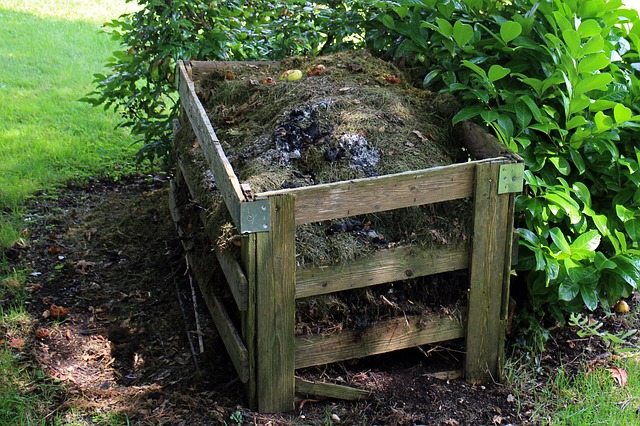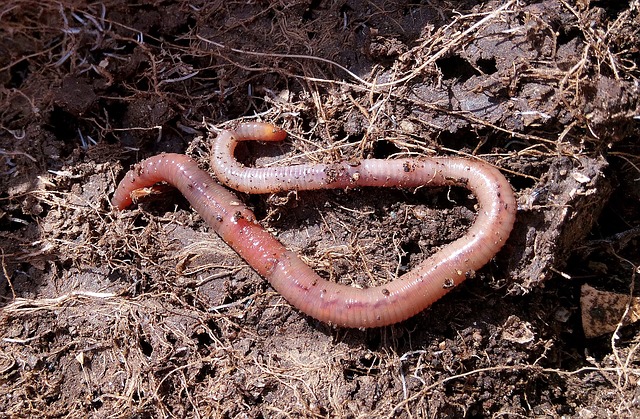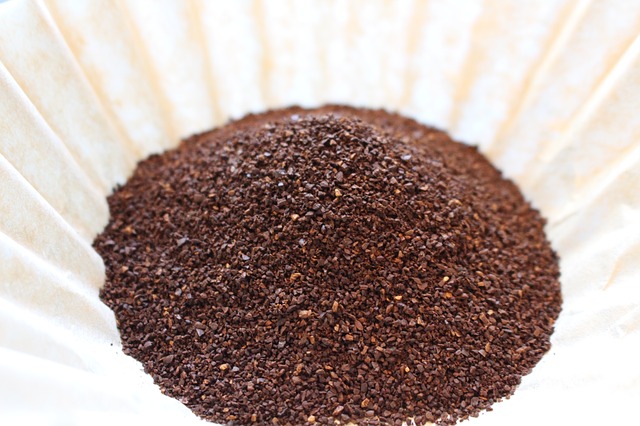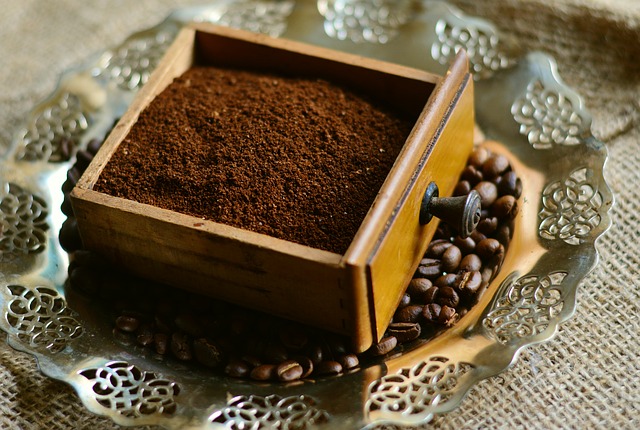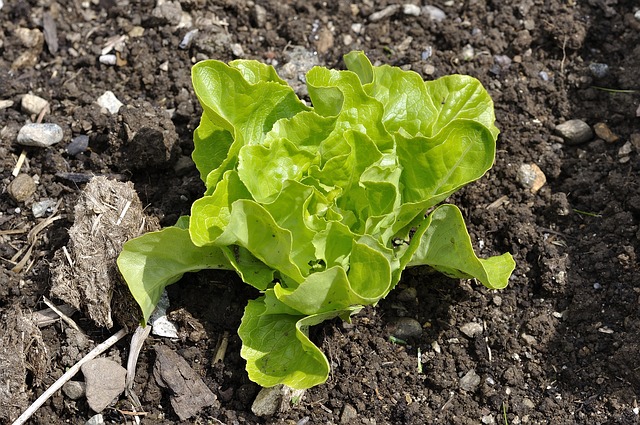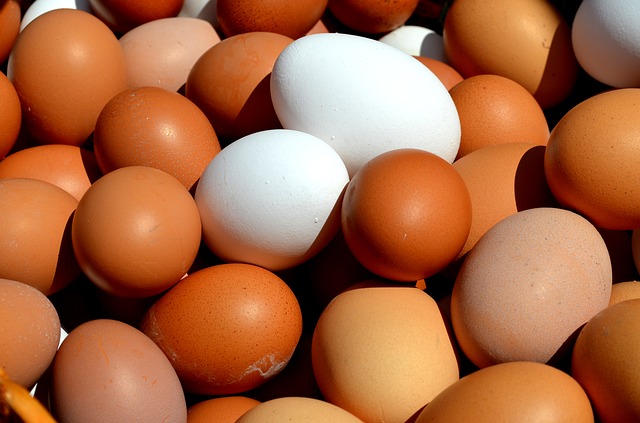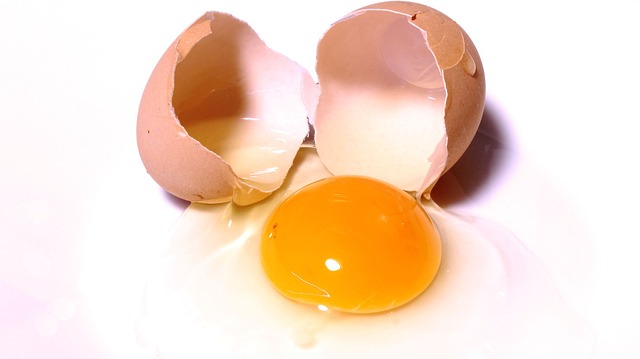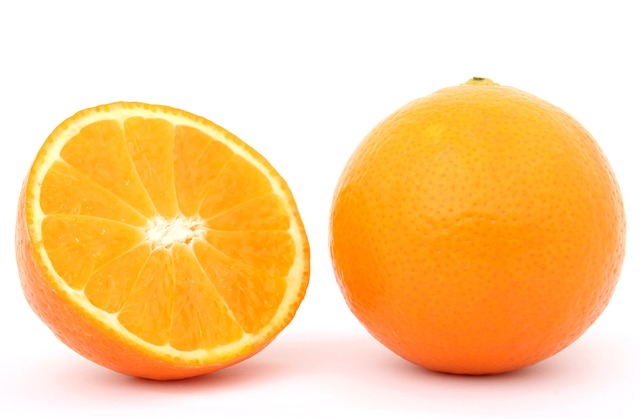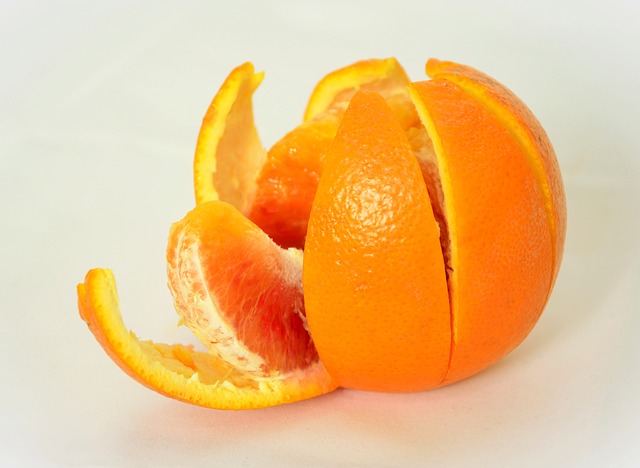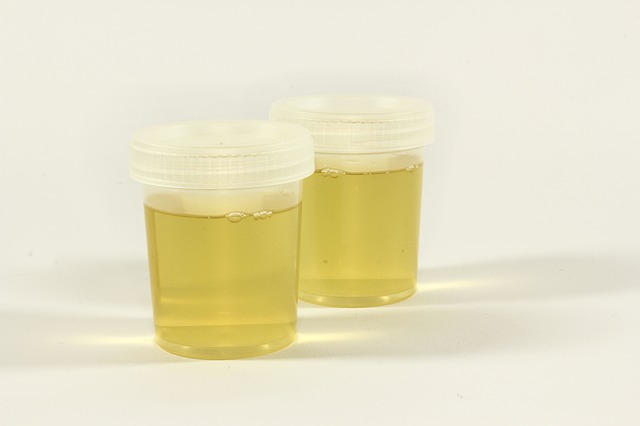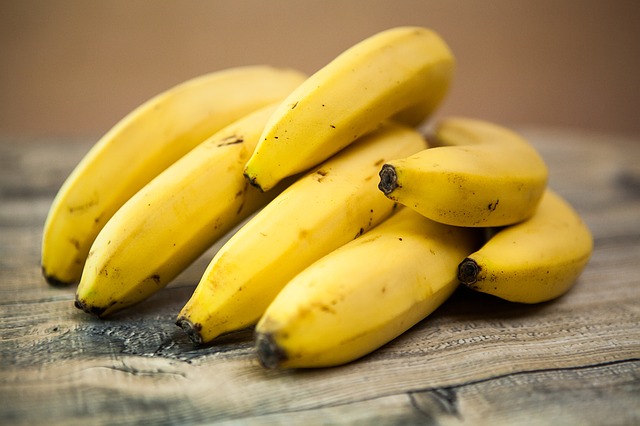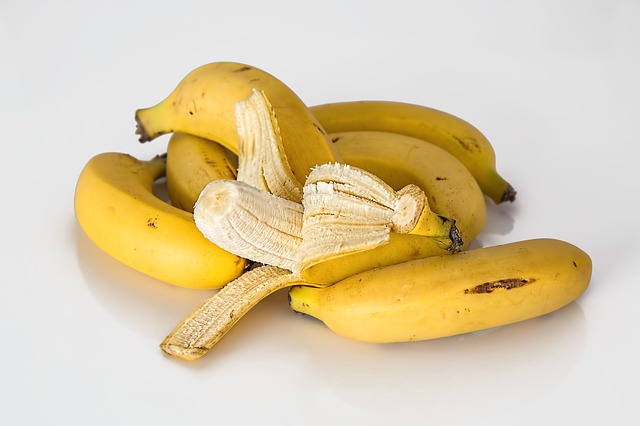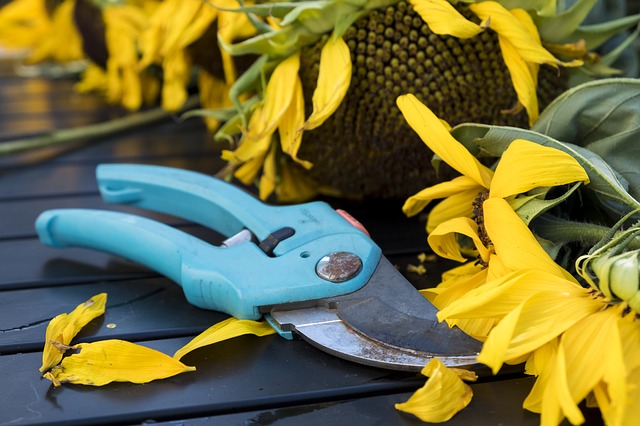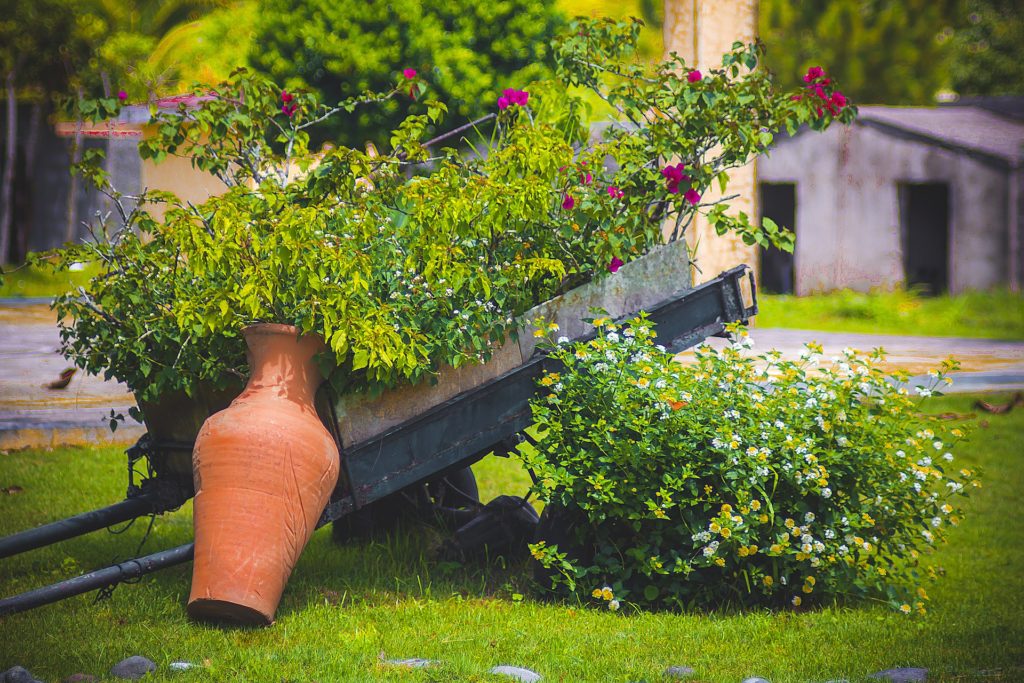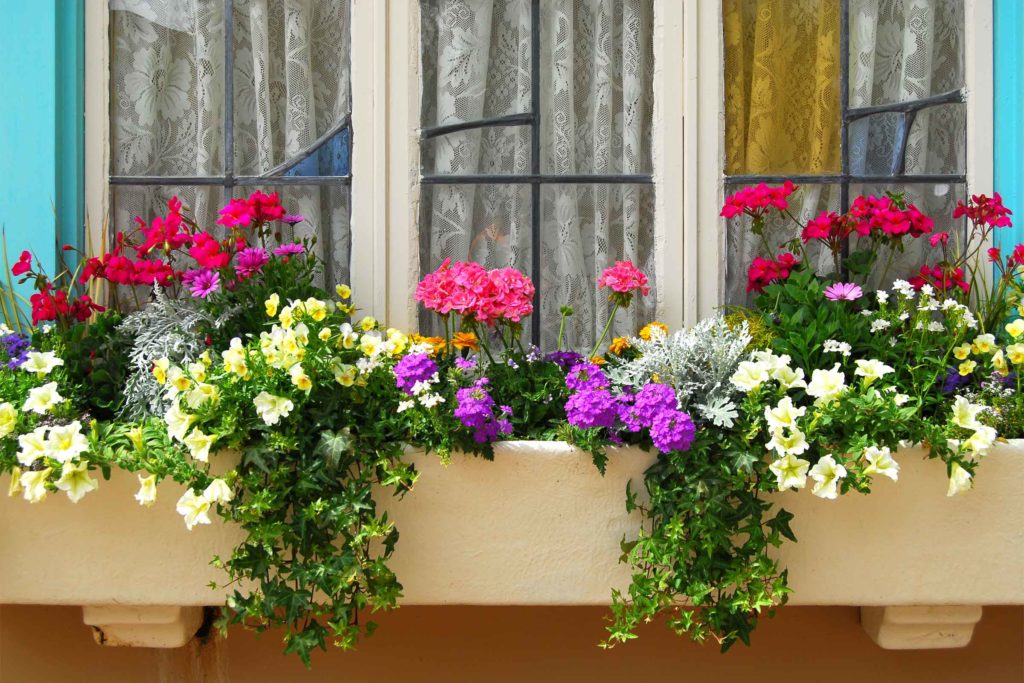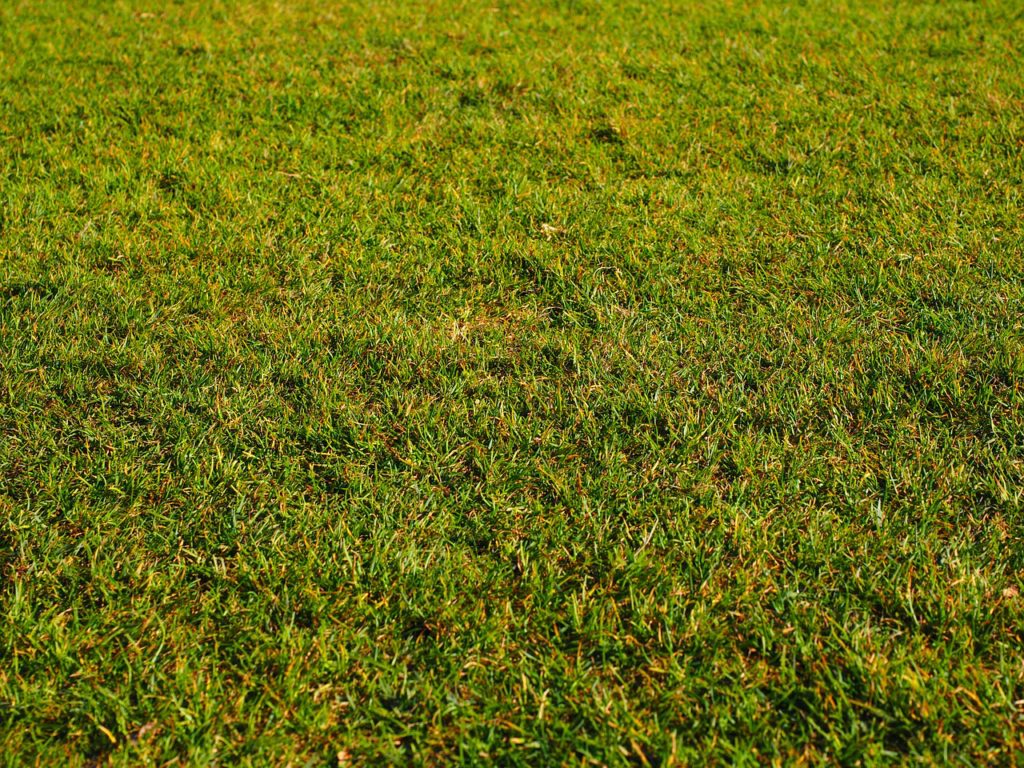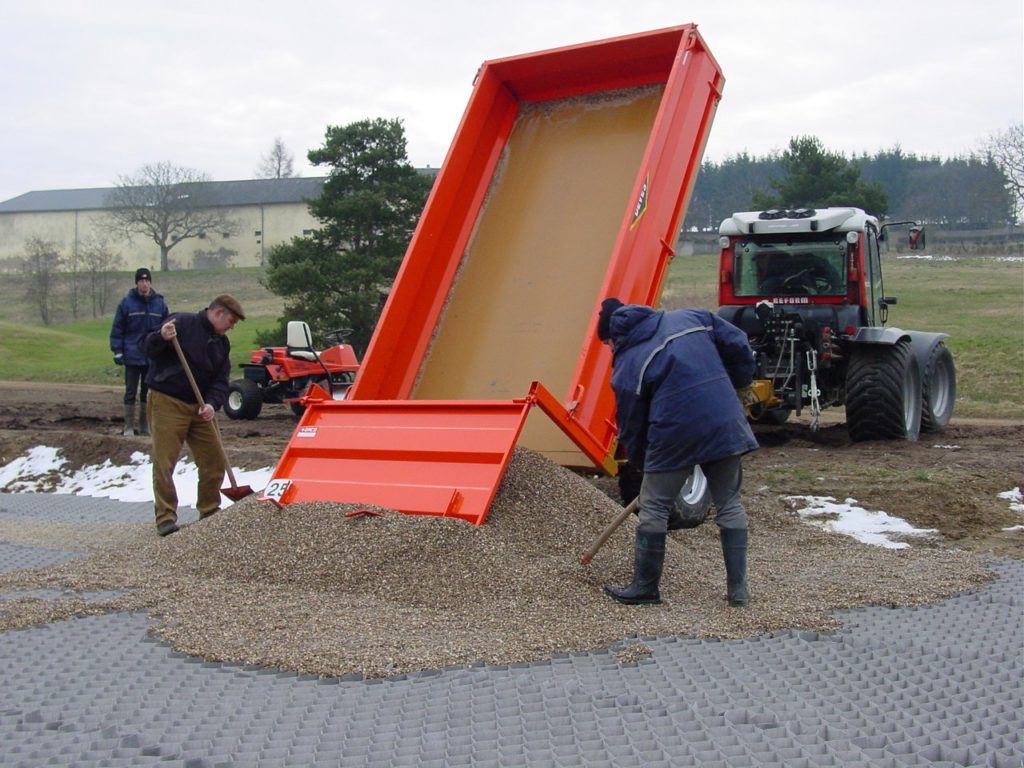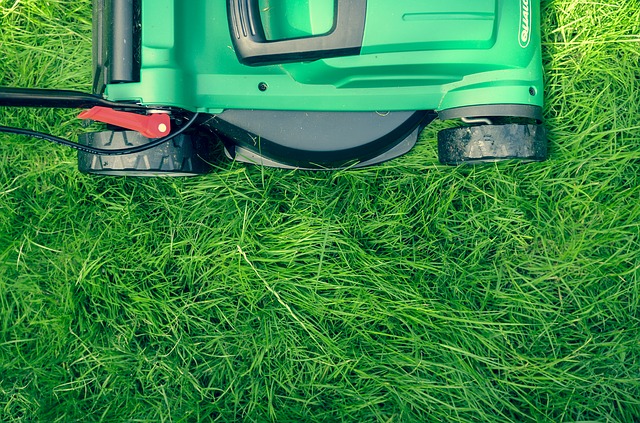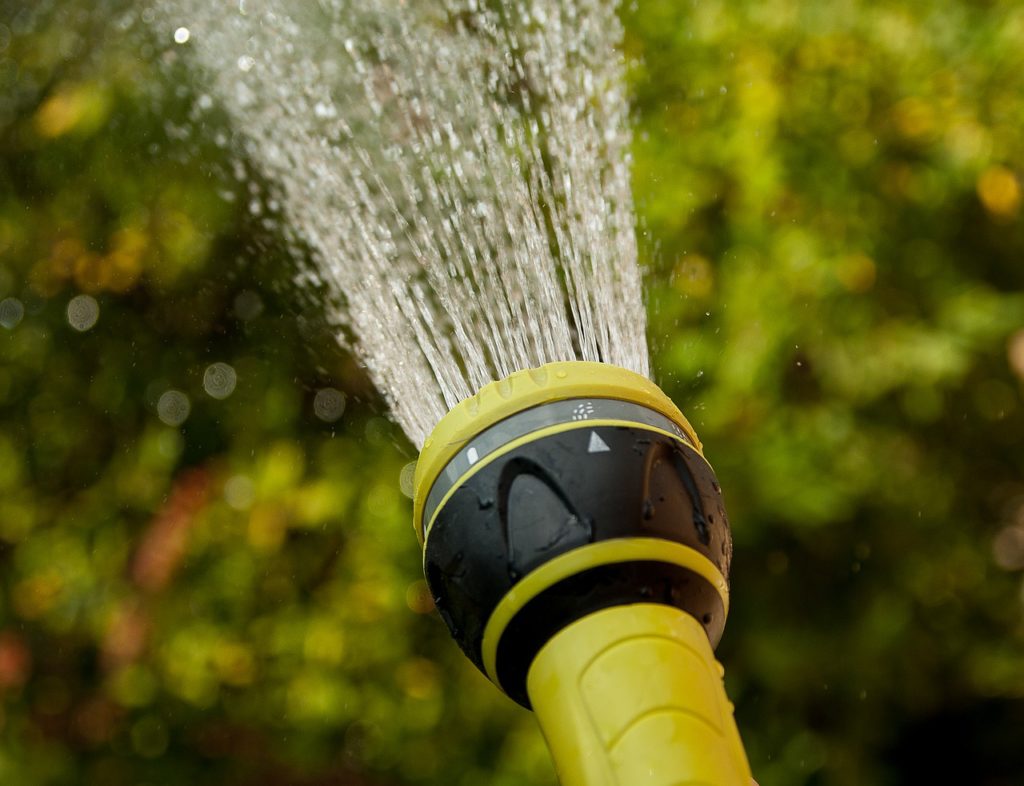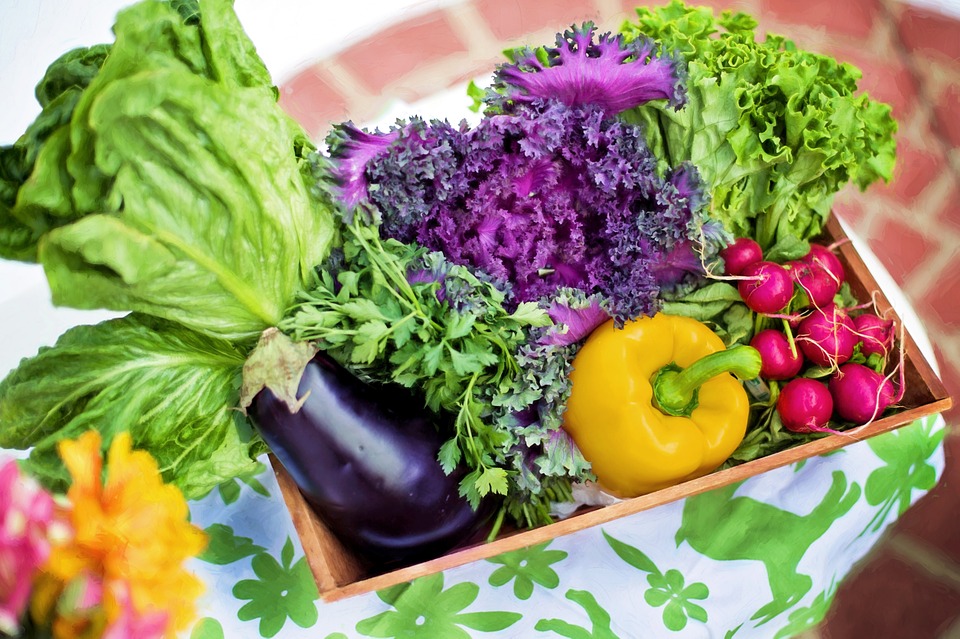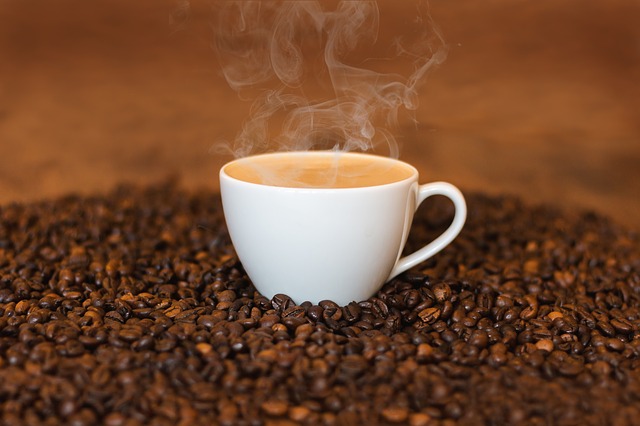
It’s estimated that over two billion cups of coffee are consumed around the world each and every day. And that’s an enormous volume of grounds which are used and then tossed in the trash. By using coffee grounds in compost instead, you can help cut down on waste and provide a boost to your garden as well.
Are Coffee Grounds Green Or Brown Compost?
Compost needs both “green,” and “brown,” materials. (Typically you want two to three times the amount of green to brown.) “Green,” materials are those which are high in nitrogen while “brown,” materials are high in carbon.
Despite their brown color, coffee grounds are considered a green compost material. They are actually very nitrogen-rich and have a nitrogen to carbon ratio of around twenty to one. This is high enough that it makes them a suitable alternative to fresh grass clippings, which are a favorite nitrogen booster of many long-time composting gardeners.
How To Add Coffee Grounds To Compost
There’s nothing special you have to do when adding your coffee grounds to your compost. Simply toss them right in. However, you may want to immediately follow them up with some “brown,” materials to ensure your pile or bin stays balanced. While new coffee grounds are considered acidic, this is not the case once they have been used to make coffee.
The pH of used coffee grounds can actually range from slightly alkaline, to neutral, or slightly acidic. These levels can also change as the coffee decomposes in the compost over time.
Because of this, when adding coffee grounds in the compost, you’ll want to make sure you don’t put in too much. While adding very small amounts can be beneficial, a good rule of thumb is to keep grounds at between ten to twenty percent of your entire compost pile. Anything over that could cause harm rather than helping.
Benefits To Compost
Other than adding nitrogen to compost coffee grounds along with other kitchen scraps such as orange peels, eggshells, and used tea bags, help to add a diversity of organic materials to your compost. And that diversity helps to support a wide range of helpful microorganisms.
Grounds can also be a source of food for larger decomposers such as earthworms. (For this reason, grounds are also often added to worm farms and bins.) Once digested the worms turn the grounds into nutrients such as carbon and nitrogen which are released back into your compost
As worms feed on the grounds they are often pulled deeper down into the pile. And this can help to improve the overall structure of the compost. As the coffee grounds gradually decompose they also produce important components of humus. Interestingly the bacteria and fungi which form on decomposing grounds help compost too. They actually prevent harmful molds, bacteria, and fungi from becoming established.
Can You Compost Coffee Filters?
Many gardeners wonder if they can also compost coffee filters as well. And the answer is yes! Paper coffee filters can be composted. Despite being made from natural materials there is actually no way to recycle them. So if they aren’t composted they are sure to end up taking up space in your local landfill. The same goes for paper towels, paper napkins, and uncoated paper plates too. So don’t forget to add these items to your compost bin or pile as well.
Save That Coffee Can
If your coffee comes in a can, you can re-use it to help you with your composting effort as well. Cans are ideal for storing not just grounds, but also other kitchen scraps and items that you collect over the course of the day which will be composted. Their tight-fitting lid will be sure to keep any smells contained. And you can even place your can right on your kitchen counter without it looking out of place or anyone suspecting what you’re keeping inside.
Scoring Free Coffee Grounds For Compost
If you’re not a coffee drinker yourself, or you’d simply like some extra grounds, there are a few options. You definitely don’t have to buy used coffee grounds, because with a small amount of effort you can almost always get them for free. Local coffee shops can be a great source of free grounds. Just be sure to talk to the owner or manager before you show up with a bucket in hand.
You’ll want to find out what days and times they typically get rid of their used coffee grounds that way you don’t end up wasting time. This can also help you to get to the grounds first before any other competing composters do and will minimize wasted time. Some coffee shops may even leave grounds out either inside or outside of the store for anyone who wants them.
And for those who don’t mind getting dirty, “dumpster diving,” is always an option. You may also want to think about asking for used grounds at less obvious choices such as supermarkets and convention centers. If you work in an office, break rooms and cafeterias can also offer large amounts of grounds regularly too.
By using coffee grounds in compost you’ll be sure to enhance its quality. And that means when your compost is added to your garden your plants will reap the benefits of more nutrients, better soil structure, organic material, and helpful microorganisms.
Start Shopping for Composting Supplies!
4 Steps to Get Your Garden Ready for Spring
After being cooped up all winter, you may be dreaming about harvesting from a lush summer garden. But before you get there, there’s a lot of work to be done to get the garden ready. Spring garden prep can be intimidating, especially if your garden beds have been left...
What Not To Compost
Composting has many excellent benefits. It allows you to recycle organic material which can then be used to help to enhance your soil. And of course, it’s an environmentally friendly way to reduce trash. But before you get started you’ll need to know what not to...
How To Build A Vegetable Garden That Is Both Tasty And Attractive
A healthy vegetable garden can provide you with hours of stress-busting, mental health-boosting fun and give you and your family healthy, organic produce to eat for months. If you have even a few square feet of yard space, planting a vegetable garden is easy and...
Using Eggs Shells In The Compost
There are many food scraps that people use in their compost. However, there is one that is often overlooked. Using egg shells in compost is not just a great way to help reduce waste but also boosts the nutrient content of the soil you are creating for your plants....
Using Egg Shells In The Garden
Once you learn how you can use egg shells in the garden you won’t just think about eggs solely as food. Their shells are a free way to add to the health of your soil and plants, but they also have quite a few other helpful benefits as well. Here are the best ways to...
Using Orange Peels In The Garden
Oranges are a healthy snack and ingredient but you’re most likely wasting one of the most beneficial parts, the peel. While we can’t eat them, using orange peels in the garden has many surprising advantages. Here are the top ways you can put your peels to work....
Can You Compost Orange Peels?
If you’ve ever wondered, "can you compost orange peels?" the answer is yes. Although there are a few things you should know when doing so. So here’s your fast guide! Composting Basics When composting, you’ll need to include a mix of both carbon and nitrogen-rich...
Using Urine As Fertilizer
While urine is waste, it also contains nutrients that our bodies can’t use. But your garden can! Using urine as fertilizer is free and as organic as it gets! Here’s what you’ll need to know when thinking about using it. There have actually been multiple studies that...
The Urine-Compost Connection
Composting is all about re-using organic materials. And like the majority of us, you probably have been flushing away one of the most natural ways of all to condition your compost. By adding urine compost can be given a huge boost and that is passed on to whatever...
Using Banana Peels In Compost
Can you put banana peels in compost? You bet you can! While bananas offer us some extremely important nutritional benefits that help us to stay healthy, their peels can be used to add to the health of your compost pile as well. Bananas are one of the most popular...
Using Banana Peels In The Garden
Bananas are both delicious and healthy. And you may have wondered after finishing your morning shake or afternoon snack whether those peels you’ve been throwing away for years could be used for other things. What can you do with banana peels? It turns out quite a lot,...
Common Gardening Injuries And How to Avoid Them
While gardening isn’t necessarily the most dangerous pastime one can think of, injuries do occur. Recent data suggests that in the US alone, over 300,000 gardening injuries occur annually. So whether you are a seasoned gardener or are just beginning, it’s important to...
Just Moved? How To Safely Transport Your Plants Into Your New Garden
It can take years of planting and care to create a magnificent garden. That’s why the prospect of relocating or moving houses can induce anxiety in gardeners. Whether you plant ornamentals, or if you grow your own vegetables, having to start over can be a daunting...
Filling Those Window Boxes: Flower Species That Thrive With Container Gardening
Those traditional window boxes overflowing with flowers may remind you of summer cottages or childhood dreams. This particular feature is one that you want at your home all year-round. Container gardening for window boxes takes a certain flair for picking out the...
Why You’ll Want To Revamp Your Garden with Artificial Grass
Installing an artificial lawn is an easy and attractive way to improve and revamp your garden. This is because an artificial lawn is like a real lawn, only much better! Artificial grass has been developed to such a high-quality standard that it looks and feels as...
The Best Grass Types For Creating A Drought Tolerant Lawn
Many of us live in dry and arid places. There are many locations around the world that unfortunately for your lawn don’t get much rain throughout the year. For people who live in these places, a green, healthy-looking lawn can seem impossible to have and maintain....
Garden Drainage: How to Avoid a Waterlogged Garden & Patio
Many locations around the world get a lot of rain. With an average of 33 inches of rain per year, this is especially true in the U.K. where it is rare for a day to pass that it is not raining somewhere. Regardless of where you live this can lead to problems with...
Easy Lawn Care? Experts Say It’s Possible With These Tips!
There's no way around it: If you want a lush lawn, you have to work for it. That entails putting in a lot of time, effort, and yes, money. And even if you are hiring experts in lawn care, you will still need to shoulder some of the responsibilities involved. That does...
Water-Wise Landscaping: Avoid Cultivating These Types Of Plants
Water is one of the primary needs of all plants. They need to receive the right amount of hydration to grow and thrive properly. You can ensure your plants get the hydration they need by watering them regularly using a garden hose or watering can, or by having a...
Starting A Vegetable Garden: Motivational Tips For Beginners
Back in the day, our ancestors did not have to go very far to buy vegetables, they just had to step out in their garden and pick up free, fresh veggies. Unfortunately, over generations, most of us have lost touch with our natural gardening instincts due to the busy...
